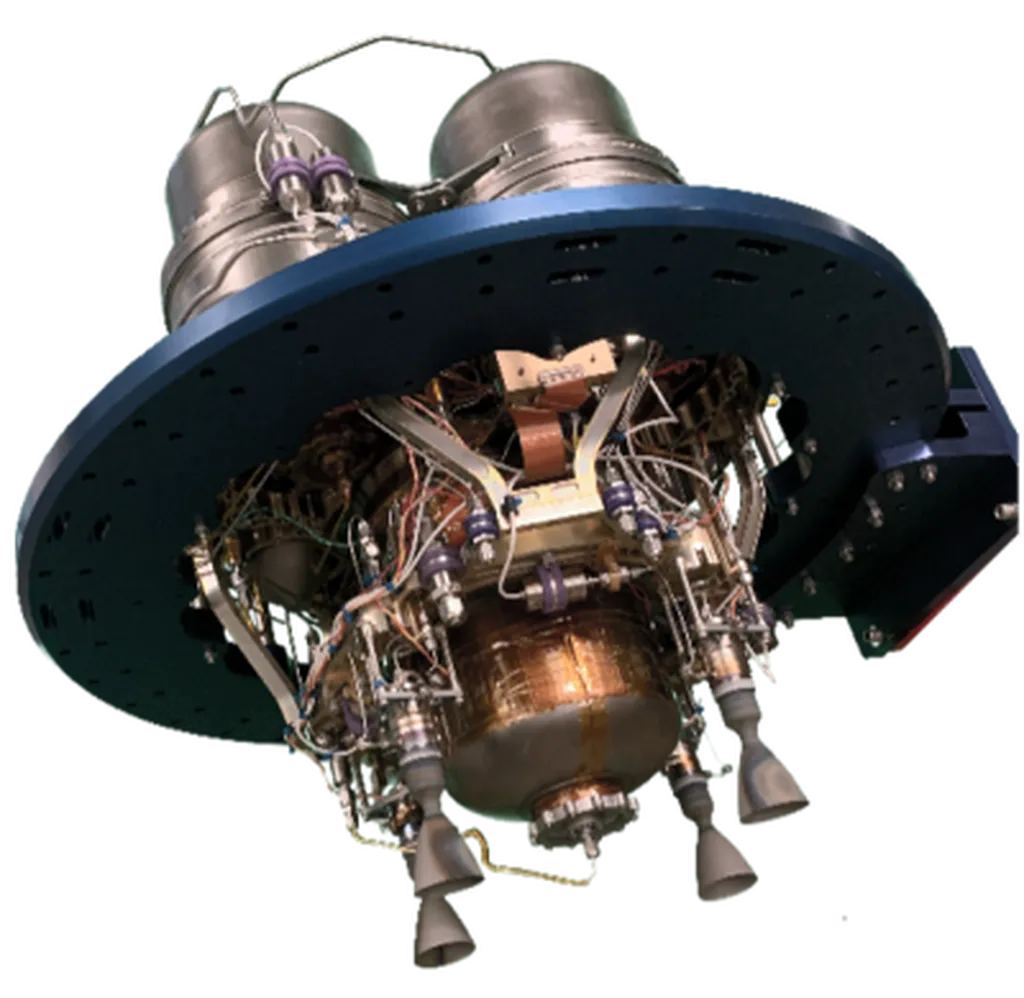The Nuclear Energy Maritime Organization (NEMO) has hailed a new U.S.-U.K. agreement as a game-changer for maritime nuclear tech. The memorandum, inked under the Technology Prosperity Deal, fast-tracks regulatory, safety, and operational frameworks for floating nuclear plants and nuclear-powered merchant ships. NEMO calls it a “major step” toward decarbonizing shipping, bolstering logistics resilience, and enabling safe, sustainable nuclear deployment at sea.
This isn’t just paper-shuffling. The deal pairs U.S. and U.K. expertise, regulation, and research muscle to align global frameworks—ensuring maritime nuclear projects are built on safety, security, and environmental protection. NEMO’s role? Bridging the gap between ambition and execution. The organization plans to work hand-in-glove with regulators, draft standards, and rally its members—classification societies, insurers, and operators—to harmonize safety and insurance requirements.
The insurance sector is already on board. Mark Popplewell, Managing Director at Nuclear Risk Insurers and Vice-Chair of NEMO’s Annorax Working Group, says unified regulatory clarity lets insurers underwrite with confidence. “A bilateral liability convention would further support risk management and help create a dedicated nuclear corridor,” he adds. In other words, this deal isn’t just about cutting emissions—it’s about cutting risk, too.
But the real test will be in the water. NEMO is pushing for joint research, pilot projects, and workforce training to prepare for deployment. The goal? Early prototypes that prove nuclear-powered shipping isn’t just feasible—it’s viable. This isn’t a sprint; it’s a marathon. And with regulators, insurers, and industry players aligned, the maritime nuclear sector just got a serious shot in the arm.

